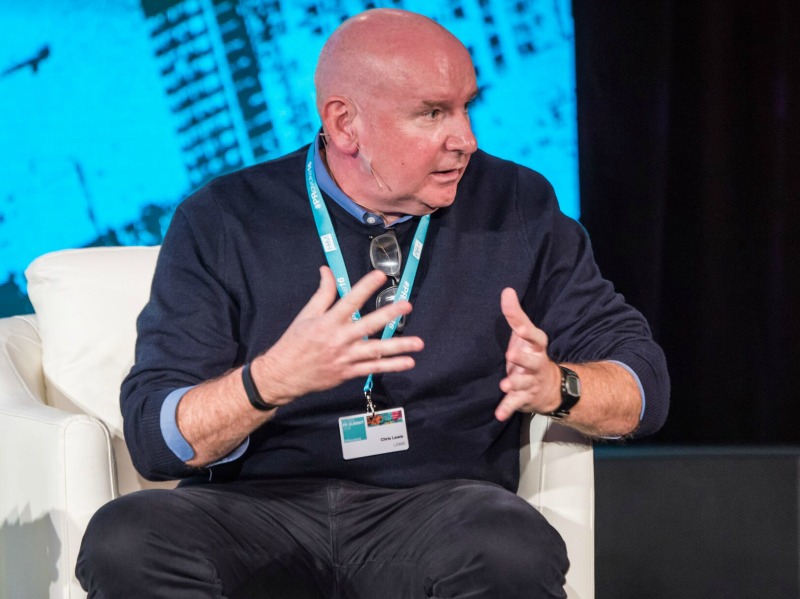Paul Holmes 24 Oct 2016 // 10:02PM GMT

MIAMI—Clients and staff are not the primary focus of publicly-traded public relations firms, Lewis founder and CEO told the Independent PR Firm Forum in Miami today. Challenging the dominance of the industry “oligarchs,” he argued that professional service firms should be more focused on training and development and client service than on “the interests of a few fund managers in Zurich.”
In conversation with The Holmes Report’s Arun Sudhaman, Lewis suggested that “most people in this room”—independent PR agency principals—“have more in common with the rest of the professional services industry than by publicly traded PR agencies. How many law firms are publicly traded, how many accountancy firms, how many management consulting firms, how many architecture firms, are publicly traded?
“My contention is that it is actually unusual for professional services to be owned by publicly traded companies, but those firms we all know have dominated your industry for the past two decades.”
One significant consequence is a short-termism because of the “90-day focus” of publicly-held agencies. “If you are interested in professional services and the values they have, and you want to plan for the long-term,” Lewis said.
That short-term focus creates an opportunity for independent firms. “If you are challenging incumbency, you have to do what established agencies are unwilling or unable to do, and that’s to think long term, to share equity more broadly. In other professional service firms, people participate in the profits they are generating. That is not the case in this industry.”
Lewis PR has grown—in part by acquisition—to around $70 million, raising the question of whether it will eventually become one of the “oligarchs” itself.
“To compete with the oligarchs we need to double and then double again, if we want to match them in terms of scale geographic reach. But we need to do more than match them in size, we need to challenge the incumbent model.”
While Lewis acknowledges that his firm needs to be larger in the US—where about half of the world’s PR spend originates—challenging the incumbents means more investment in training, among other things. His firm spends £1 million on training, he said. “Training is very important, when you train people you as the trainer learn too.”
Beyond that, he says, firms have to create a culture where people enjoy learning and enjoy their jobs. “It’s really difficult to learn if you are not having fun,” he asserted. “I don’t know anybody who can better at anything if they don’t enjoy what they do, and if a firm is driven by profit and driven by short-term focus it’s hard to have fun.”


































.jpg)

















